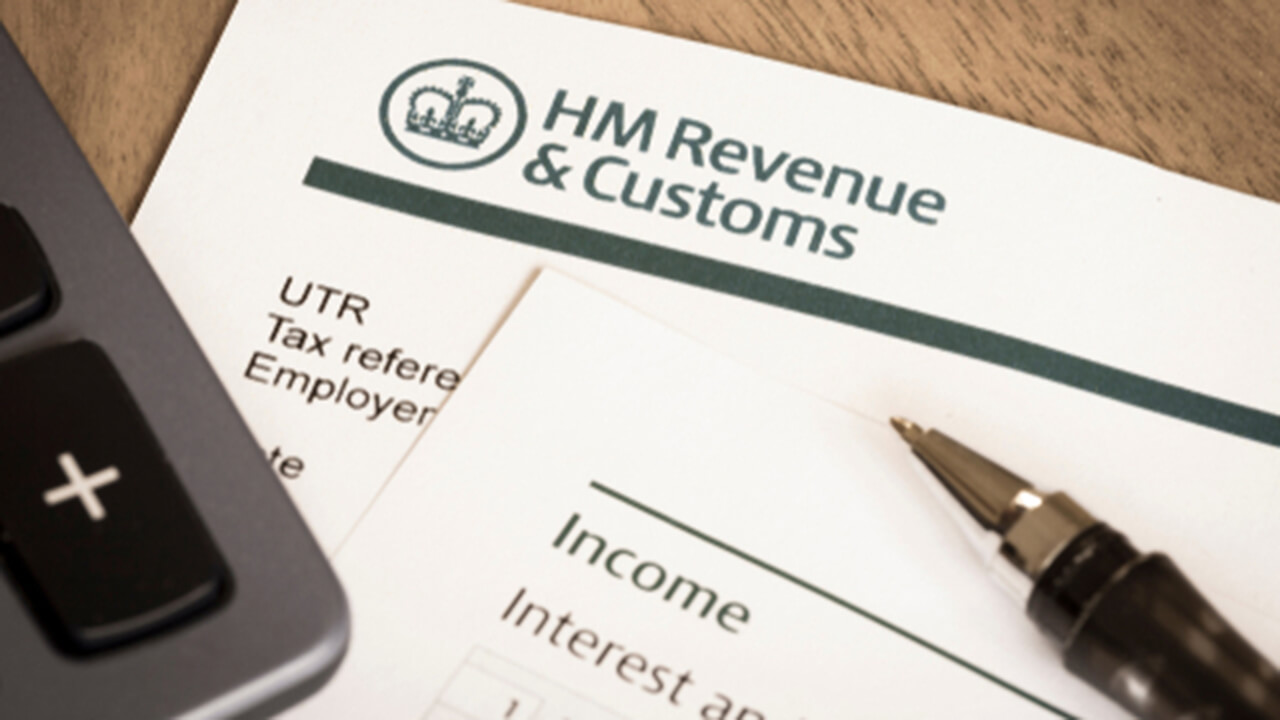Since the introduction of self-assessment, HMRC has always checked a number of tax returns to ensure they are correct.
As more systems become digitalised, they can more easily profile information and target their investigations into areas identified as high-risk. That doesn’t mean they won’t continue to carry out more bespoke interventions, but certain clients may be at higher risk of HMRC attention than others.
In this article we will explore where we think those risks are and also discuss what options are available should you be unable to pay a tax bill.
What has HMRC historically checked?
A large part of HMRC’s compliance work is targeted via the use of profiles. These profiles highlight areas of concern. They may be as simple as looking at an individual owning more than one property but not declaring rental income, or as complex as using digital tagging in accounts to automatically detect discrepancies with other information held. HMRC also carries out a huge amount of information gathering.
They get access to a phenomenal amount of data, including from Land Registry, Companies House, Banks, Experian, overseas governments and much more. Some information gathering is automated and some is through more traditional means, such as disgruntled employees providing tips about abuse of the furlough scheme.
Where information is automatically gathered, it is normally plugged directly into HMRC’s clever profiling system called ‘Connect’ which churns out prospective cases for HMRC to consider. This will often secure someone a spot on a list to be checked by a tax inspector, although that doesn’t automatically mean anything further will come of it; HMRC doesn’t have the resources to investigate every single tax return and so naturally there will be some seen to escape the clutches of the Revenue.
For direct taxes such as income or capital gains tax for individuals, or corporation tax for companies, HMRC would normally open an enquiry into a specific tax return. If they identify an error which may have been on-going for multiple years, they can potentially assess the underpaid tax for up to 20 years (although the actual time will depend on the behaviour that led to the error). They will usually seek to charge penalties too which can be up to 200% of the underpaid tax (or overclaimed refund).
HMRC also targets individuals that do not complete tax returns at all. For example, where someone owns a property they rent out, but they do not declare the rental income.
Over the last few years, recognising the lack of resource to check all tax returns and investigate every suspect of underpaid tax, HMRC has increasingly turned to the use of campaigns and nudge letters. Nudge letters are not a formal enquiry by HMRC but can be worrying when received. The letter normally suggests that tax might have been underpaid and invites the taxpayer to make a disclosure if it has been. Naturally, this can cause panic even amongst the most righteous of people and at the very least it is worth checking the tax return to ensure it is correct.
In addition to nudge letters, which might be considered a type of campaign in their own right, HMRC also targets areas where they believe there is either abuse, significant error, or simply a significant amount of underpaid tax on the table. The most high-profile example of this recently has been research and development tax relief which has been subject to a huge amount of scrutiny, both because of mistakes being made and also due to fraudulent activity.
Looking forward to the remainder of 2023
2023 is likely to be bumper year for HMRC. They are receiving additional funding to assist in their compliance efforts and they have lined up several campaigns which were likely put on hold during the pandemic years. Putting that funding to use, they hired 4,200 new compliance staff in recent years. HMRC has said these new staff are likely to provide a return on the investment (in training and so on) in the 2023-2025 years.
Research and Development Tax Relief
It is no secret that R&D tax relief has been centre stage in the tax world for a while. HMRC identified criminal attacks on the system which in 2022 led to their Fraud Investigation Service checking some claims before releasing funds. We understand several individuals were arrested off the back of this. However, fraudulent activity aside, HMRC still believes there are significant errors being made in many submitted claims. HMRC has increased the team capable of carrying out R&D checks significantly and are opening more and more R&D enquiries. If you make R&D claims, it is worth ensuring that your claim is accurate, because it is the taxpayer HMRC will consider responsible for the claim.
In addition to these extra compliance checks on claims already made, new claims from 2023 will be slightly different; there are wide ranging changes coming, such as who the R&D advisers are, for a senior responsible person at the company to sign the R&D pages, and a reduction in the value of the relief.
Online seller campaign
HMRC sometimes uses their powers to contact websites, such as Amazon and Facebook Marketplace to request details of their users. They will then use this information to review the tax returns of those individuals, or more likely send them a nudge letter to check that they have declared all their sales income.
We understand that a similar approach is being taken with Air BnB and Booking.com recently.
We have started to see some of these letters trickle through and users of these websites should ensure that all of their income from them has been correctly declared.
Inheritance Tax
In the past, Inheritance Tax has only raised a relatively small sum of money compared to other taxes. However, as thresholds have been frozen and asset prices continue to increase, many more families are finding themselves required to stump up significant sums. In the last year, HMRC raised £326m from investigations into inheritance tax. Any estate could be subject to a check, but HMRC pay particular attention to those they define as wealthy which includes those with an income above £200,000 a year, or assets over £2m.
Some of the Inheritance Tax rules are complicated and it is possible to fall foul of them without even realising. That will offer little consolation when HMRC issues a demand for payment, however.
Capital Gains Tax
HMRC has been focusing more on eligibility for certain Capital Gains Tax reliefs, especially business asset disposal relief (formerly entrepreneur’s relief). They are also checking whether disposals have been declared. One such campaign they are running is to check Companies House for individuals that were listed as persons with significant control (PSC), but have ceased to be. This suggests that shares have been disposed of which might give rise to a chargeable gain.
Dividend / Income shifting
Alongside this information, we have seen scenarios where HMRC has used the PSC register and compared this to dividends received to ascertain whether they think there is a risk that income has been moved to lower tax bands within the same household. This can fall foul of some anti-avoidance rules and any transfer of income could potentially be caught.
Electronic Sales Suppression
HMRC ran a disclosure campaign which ended on 5 January 2023 for any businesses manipulating the software in their electronic tills, so they record less sales to come forward and disclose it. This announcement came after five people responsible for the software capable of altering the normal operations of tills were arrested in the UK. It is possible HMRC has a list of businesses that purchased this software and so even though the official disclosure campaign has ended, there are still benefits in voluntarily going to HMRC instead of waiting for them to find these issues.
VAT
HMRC has had some success recently against take-away food businesses that sell some standard and some zero-rated supplies. Given their tribunal wins in this area, it is likely that they will expand the scope of these checks to more businesses selling similar products.
HMRC is also always on the look-out for cash businesses which do not declare all their earnings. Similarly to the electronic sales suppression above, any suppression of takings is of interest to HMRC as there can be VAT and income/corporation tax to pay on the under-declared income.
Tax debt
Before the pandemic, the outstanding tax debt stood around £19bn. Due to HMRC’s relaxed stance and the impacts of Covid-19, the current tax debt is just under £50bn. It is widely expected that HMRC will be far less lenient when taking enforcement action and anyone struggling to pay should consider filing returns and contacting HMRC as soon as possible to agree a ‘time to pay’ arrangement. Often, these arrangements require cashflow projections and an explanation of what assets you hold that could be sold to help pay the tax debt. To support future collection efforts, HMRC has taken on 700 new staff in their debt management division.
What you should do if you’re subject to unwarranted HMRC attention
If HMRC has written to you about your tax affairs, please get in touch.
If you have any questions about the above, or would like more information specific to your circumstances, please enter your email address below and we will get in touch:
















